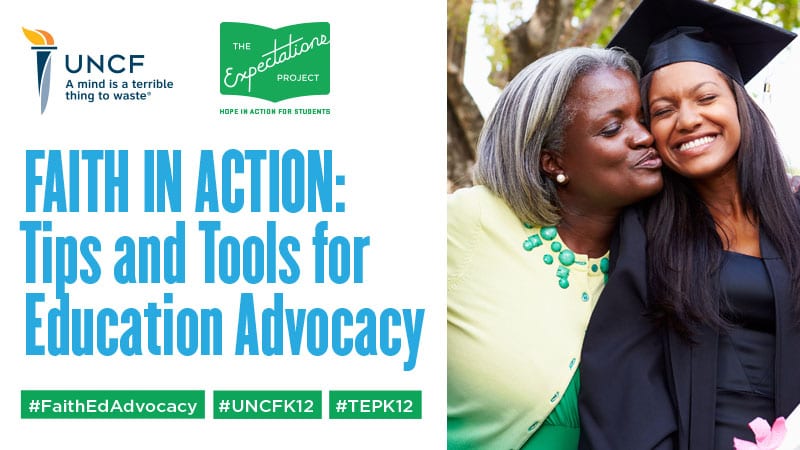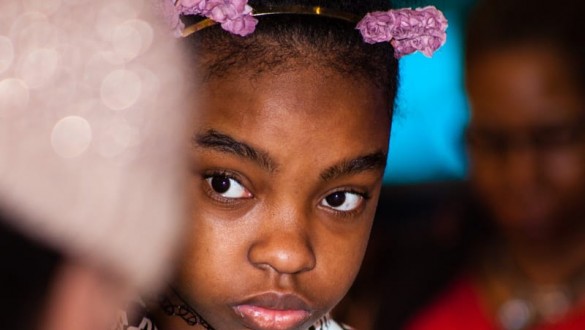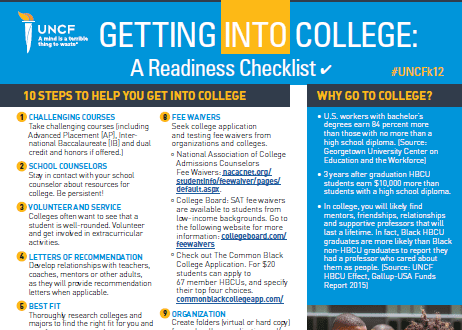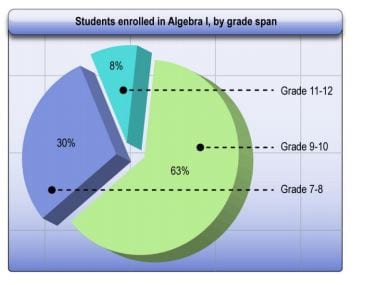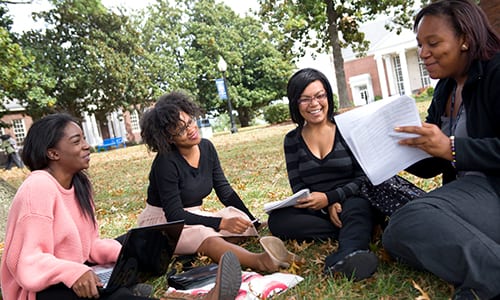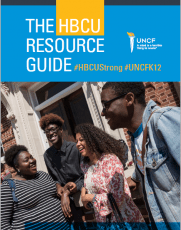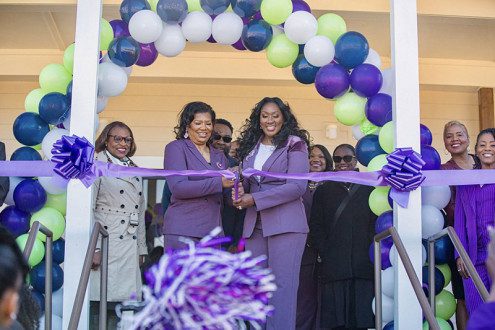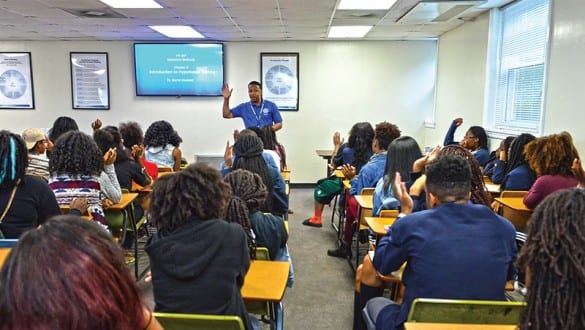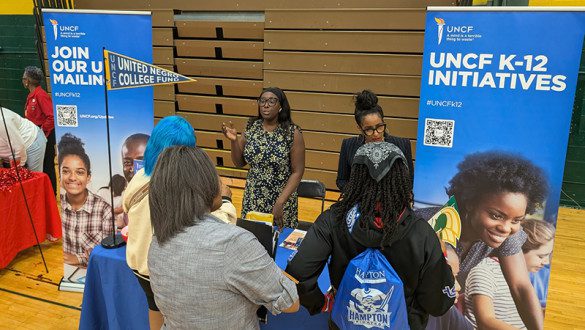K-12 Advocacy
Though the high school graduation rate for public school students has increased in recent years, racial disparities still exist. According to the U.S. Department of Education, the national graduation rate reached an all-time high of 82% in school year 2013-14, with 73% of African American students graduating in four years. While graduation rate increases are good news, research shows that some students are not prepared for college upon graduation.
Hear Us, Believe Us, Invest in Us
Black parents are powerful advocates for equity in education, but too often left out of the conversation. Our Parent Toolkit was created to equip parents with resources and strategies to push for more Black teachers and stronger representation in schools. Grounded in national research and built in partnership with the Center for Black Educator Development, this toolkit helps families lift their voices, influence policy and drive real change in classrooms and communities.

Hear Us, Believe Us: The 2024 K-12 Parent Report
African American parents are critical stakeholders in the education system. As such, this report illuminates the perspective of African American parents and caregivers on key issues in education, such as race, college readiness, Black teacher representation, parental engagement and more.
Student Voices: Why I Chose an HBCU
 Choosing which college or university to attend can be both exciting and challenging. For many, choosing to attend an HBCU is the best choice of their lives. HBCUs offer degrees, support and opportunities that benefit many students. Watch the videos to learn more about why these students chose to go to an HBCU.
Choosing which college or university to attend can be both exciting and challenging. For many, choosing to attend an HBCU is the best choice of their lives. HBCUs offer degrees, support and opportunities that benefit many students. Watch the videos to learn more about why these students chose to go to an HBCU.
HBCU students share their experiences
UNCF, The Mind Trust and K-12 experts presented two virtual panel discussions about K-12 in Indianapolis on March 9. Watch the discussion on these topics: Imparting Wisdom in the Circle City: HBCU Lessons for K-12 Education and Improving Academic Outcomes: How HBCUs can Help Inform the Indy K-12 Education Community
In fact, only 6% of ACT-tested African American high school graduates met college readiness benchmarks in each of the four primary subjects: English, reading, math, and science, compared to 28% for all students in 2015. So even if they do defy the odds and make it to college, they will most likely have to take remedial courses. Taking these courses—which require college tuition but generally don’t come with college credit—makes it even harder for these students to stay in college. This is especially troubling since African American students are more likely than other racial groups to receive financial aid for college. That is definitely bad news for black students and their families. It’s also bad news for our communities and for our nation. But there is good news. Government officials have started paying attention to this educational crisis. In 2012, the White House issued an executive order that lays out an ambitious plan to improve African American educational outcomes and is inviting African American leaders to drive and participate in the effort. UNCF is doing its part as well. As the nation’s largest and most effective minority education organization, UNCF has always been committed to increasing the number of African American college graduates. Now, we have expanded our focus to include increasing the number of African Americans who are college-ready.

